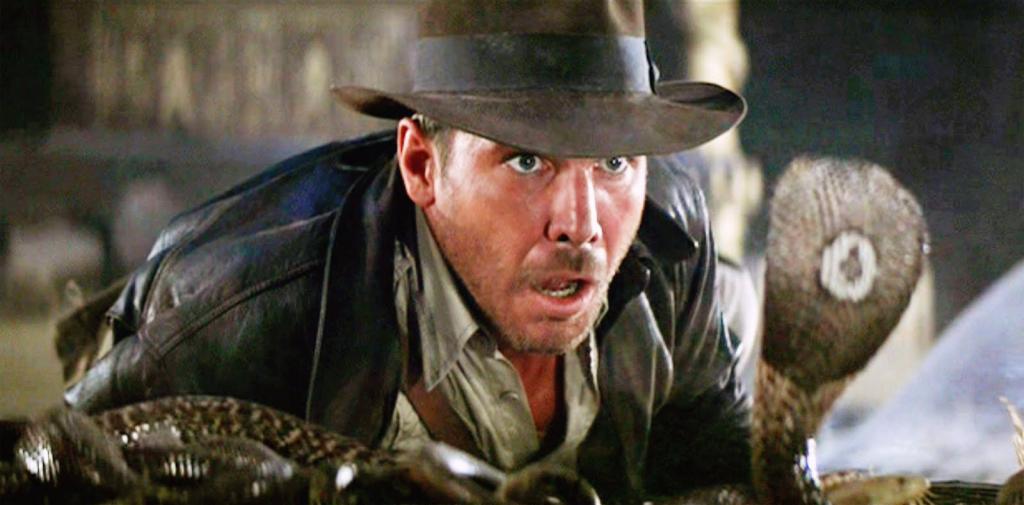
francoisroche
If you’re the sort of person who lives near an airport or enjoys being healthy, there’s a new reason to freak out: Airplane gasoline still contains scary levels of lead. Michael Behar reports on Kelly Kittleson, a single mom with four kids who lives directly under Hillsboro Airport’s main flight path:
Like most Americans, she had no idea [lead] was still in use in airplanes — the last remaining mode of transportation in the United States to use leaded fuel. (It was banned from automobile gasoline in 1996 after a phase-out that commenced with the passage of the Clean Air Act in 1970.) When the Oregon Department of Environmental Quality surveyed the airport in 2005, it found a lead cloud hovering above Hillsboro, a circular plume spanning 25 square miles. At its center — right about where the Kittlesons live — lead levels were twice as high as the National Ambient Air Quality Standard threshold set by the Environmental Protection Agency (EPA).
In children, lead can damage the central nervous system, resulting in learning disabilities, stunted growth, and hearing loss, as well as cause anemia. Recent findings indicate that children who are repeatedly exposed exhibit violent behavior in later life. Adults may be at risk of kidney failure, cardiovascular disease, cancer, stroke, miscarriages, and premature births.
Two of Kittleson’s children have ADHD, and a neighbor has fibromyalgia, adrenal fatigue, and a thyroid disorder. Their pediatrician, James Lubischer, is convinced lead is to blame. A 2008 study showed that less than half of the amount of lead considered toxic by the CDC hurts kids’ cognitive ability; another researcher has found only a slight increase in kids’ blood levels means they’re more likely to have ADHD.
If it’s illegal in fuel for cars, why is lead still used in planes? It’s the $64 million dollar question.



